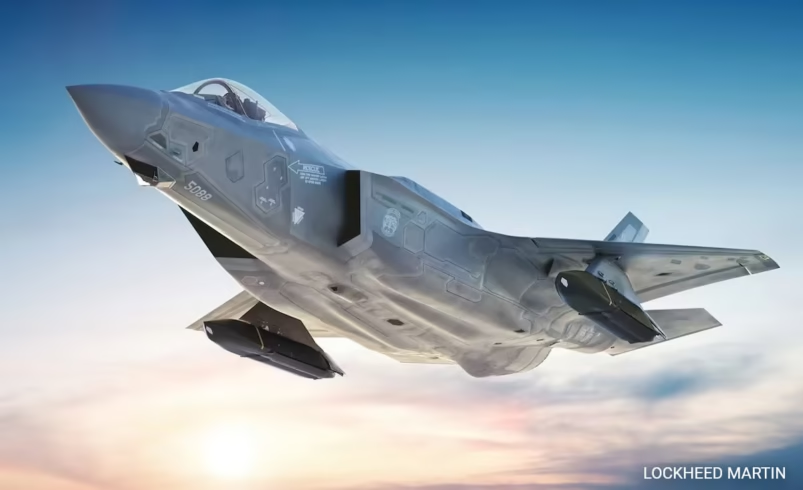Trump’s India-US Arms Trade Strategy Faces Challenges
- August 7, 2025
- 0

US President Donald Trump’s approach towards India in his second term has been marked by increased demands and a shift away from traditional diplomatic niceties. His focus on reducing the trade deficit with India includes pushing for more US-made arms sales. However, this strategy risks being undermined by recent tariff hikes and diplomatic tensions. The Trump administration’s actions could signal a new phase in India-US relations, characterized by economic and strategic challenges.
Historically, the United States has been a key defence supplier to India, ranking as the second-largest provider. However, recent developments have strained this partnership. Earlier this year, there were indications of a potential deal involving the F-35 fighter jets, which would have significantly enhanced India’s military capabilities. Yet, the imposition of 25% tariffs on Indian goods has led to increased reluctance from India to proceed with such purchases. The lack of formal discussions in the Indian parliament further highlights the growing distance between the two nations.
Compounding these issues is the US administration’s warming ties with Pakistan. President Trump has taken credit for resolving conflicts between India and Pakistan, claims supported by Pakistan but denied by India. This diplomatic shift is reflected in the recent joint development of Pakistani oil reserves, celebrated by both Trump and Pakistani leaders. For India, these developments suggest a growing US-Pakistan alliance at a time when Indo-US relations are under strain.
Trump’s economic policies prioritize trade gains over longstanding partnerships. His criticism of India’s reliance on Russian military equipment and derogatory remarks about Indian trade practices have further alienated Indian leaders across the political spectrum. The US’s softened stance towards China, including tariff pauses and restored access to rare earths, contrasts sharply with its approach to India, adding another layer of complexity to bilateral ties.
The current climate raises concerns about the reliability of the US as a defence partner. Tariffs and shifting alliances create uncertainty about long-term commitments such as fighter jet purchases. As a result, India may increasingly look to other countries for military hardware, despite potential challenges in dealing with European or Israeli suppliers.